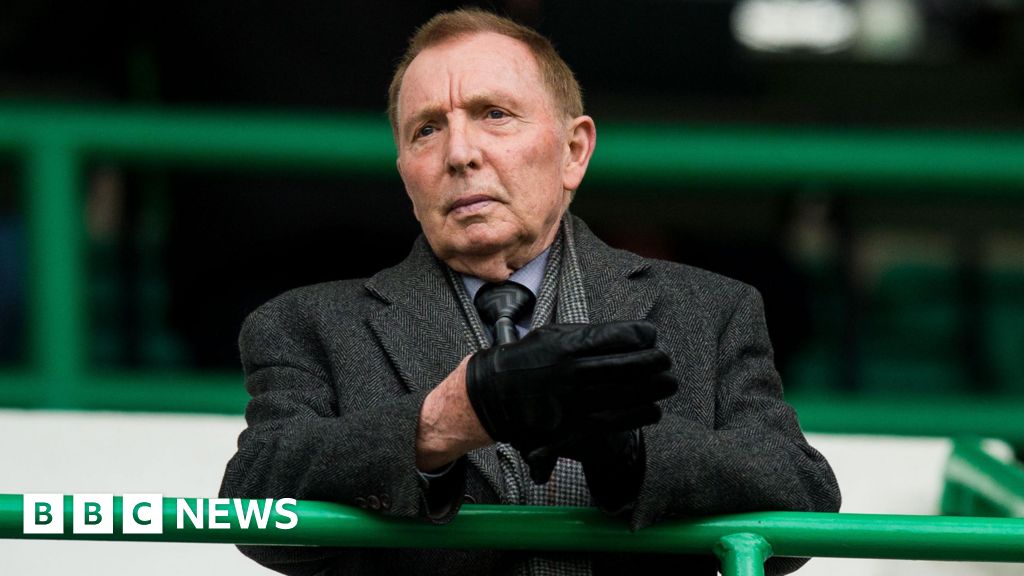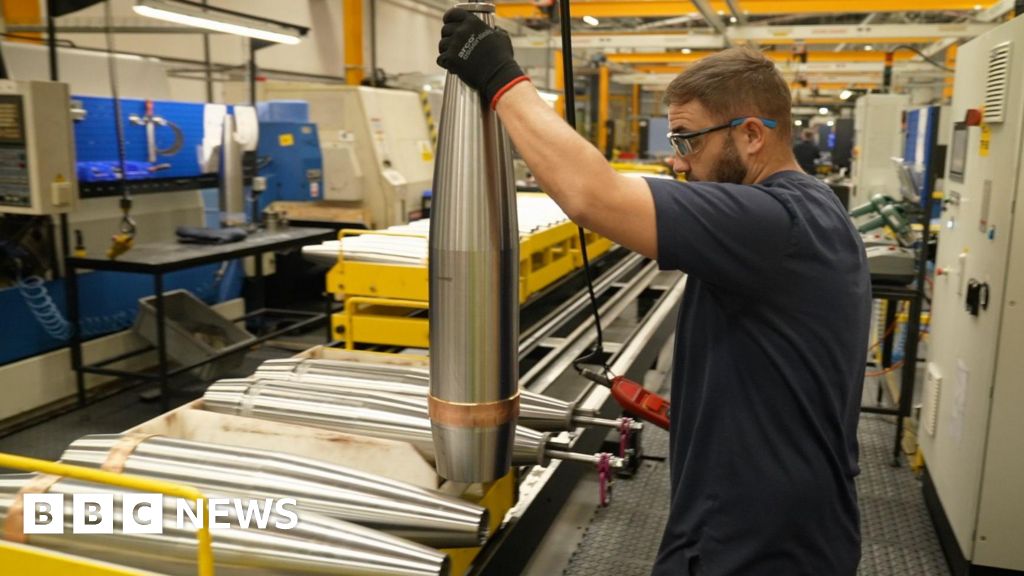ARTICLE AD BOX
Image source, Getty Images
Marks and Spencer says it is planning for "significant" increases in supply chain costs owing to worker shortages.
The retailer has forecast costs will rise during the rest of the financial year and be "steeper again" in 2022-23.
M&S bounced back to make £187.3m in pre-tax profits in the six months to October, compared with a loss of £87.6m for the same period last year.
Food sales increased by 10.4%, while its clothing and home division's full-price sales rose by 17.3%.
Steve Rowe, M&S chief executive, said: "The hard yards of driving long-term change are beginning to be borne out in our performance."
Despite the strong results, Mr Rowe said that "given the history of M&S", the company wouldn't "overclaim our progress".
On the back of the firm's half-year results, M&S shares were up 20% on Wednesday morning, despite the warnings over driver and warehouse worker shortages.
Like many other companies, M&S said lorry driver shortages were posing challenges, but added it had deployed several recruitment projects and incentives to attract new drivers and that it believed its food business was "comparatively well placed" to deal with the shortages.
The department store added it hoped to driver "long-term growth and loyalty" by offering a better service and quality through its food delivery deal with Ocado.
Commenting on the latest results, Julie Palmer, partner at Begbies Traynor, said M&S's food business continued to be the company's "cash cow", but added the retailer was "starting to turn round its clothing and home performance".
"From its joint venture with Ocado, to improving its multi-channel approach, to prioritising its online offering, M&S has transformed itself and this is paying off in its results," she added.
"If it hopes to avoid disappointing investors this festive period, M&S will need to hold on to its transformed brand while continuing to work with suppliers to lessen the cost squeeze caused by supply chain issues."
Elsewhere, Halfords said sales rose by 19.2% compared with two years ago, "despite the known supply chain disruption".
Graham Stapleton, chief executive, said demand for bicycles remained "good", adding the company was "pleased" with the current availability of children's bicycles and electric bikes in the run-up to Christmas.
However, Mr Stapleton said "moving anything" around the world in the past six months had been "particularly challenging", with freight costs sometimes as high as 10 times the normal rate.
"Even if goods are manufactured and a container is found to ship them to the UK, the recent HGV driver shortage has meant that this final leg of the supply chain has been more costly and unreliable," he said.

 3 years ago
50
3 years ago
50








 English (US) ·
English (US) ·